Here are my favorite poems about silver categorized:
- Poems about silver and gold
- Famous poems about silver
So if you want the best poems about silver, then you’re in the right place.
Keep reading!
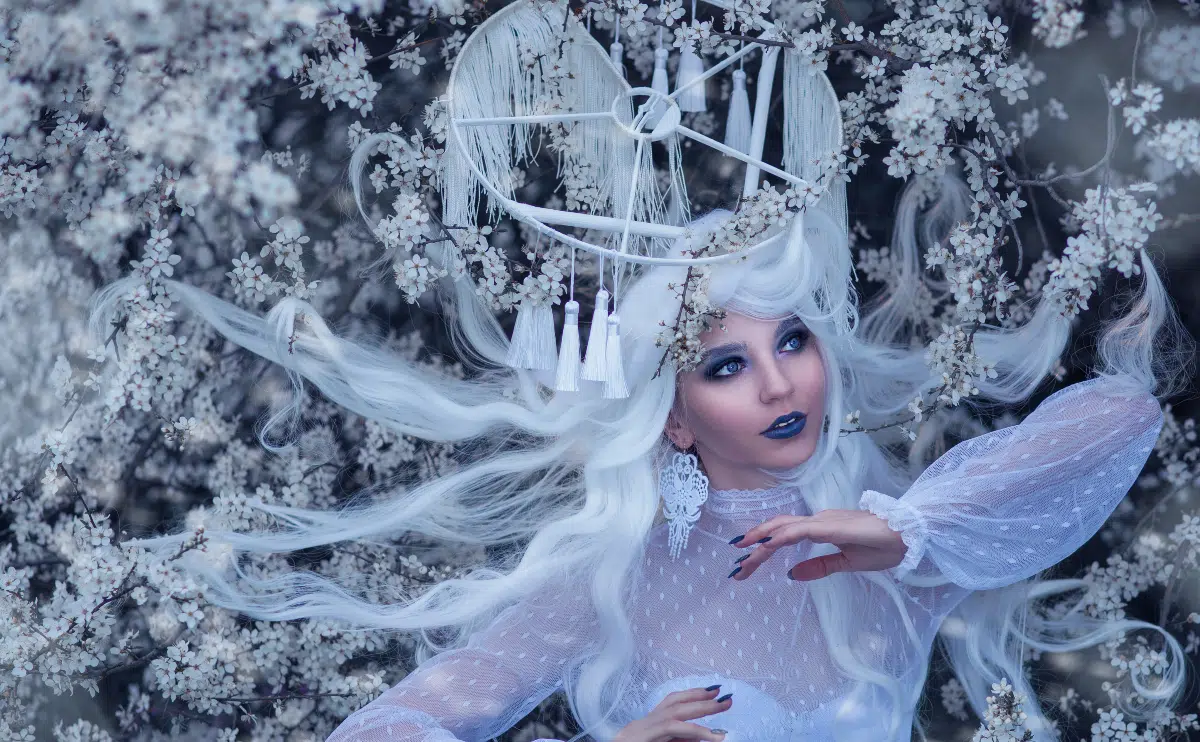
Gratifying Poems About Silver
Enter a realm of shimmering enchantment with a carefully curated collection of poems that celebrate the brilliance of silver.
Have a great time with the delightful interplay of verses that explore the timeless allure of silver and gold, igniting your imagination with their precious charm.
Discover the luminous beauty of famous poems that immortalize the elegance of silver, transporting you to a world where every line sparkles with poetic magic.
This extraordinary anthology invites you to bask in the gleam of silver, where the brilliance of words illuminates the treasures of the soul.
Let’s get into it!
My #1 Favorite Poem About Silver

“Silver” by Walter De La Mare
Slowly, silently, now the moon
Walks the night in her silver shoon;
This way, and that, she peers, and sees
Silver fruit upon silver trees;
One by one the casements catch
Her beams beneath the silvery thatch;
Couched in his kennel, like a log,
With paws of silver sleeps the dog;
From their shadowy cote the white breasts peep
Of doves in silver feathered sleep
A harvest mouse goes scampering by,
With silver claws, and silver eye;
And moveless fish in the water gleam,
By silver reeds in a silver stream.
Poems About Silver and Gold
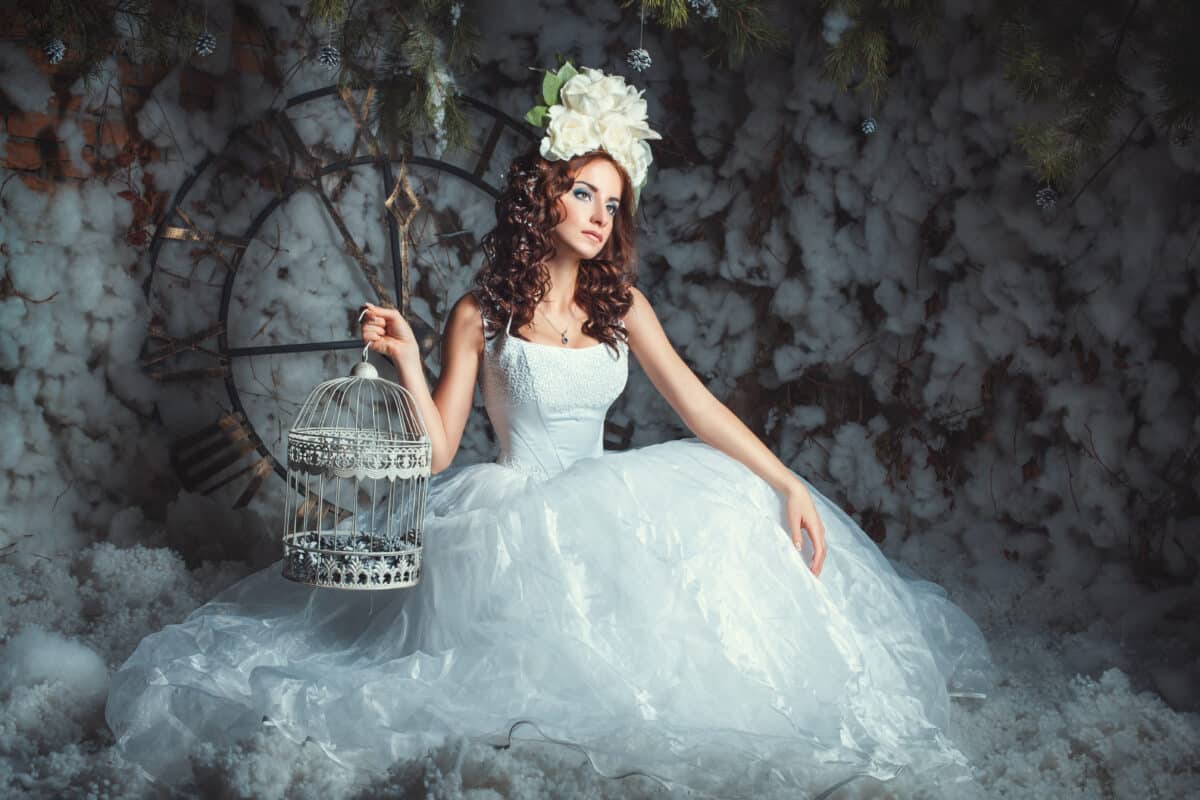
“The Silver Wedding” by Arthur Hugh Clough
The silver wedding! on some pensive ear
From towers remote as sound the silvery bells,
To-day from one far unforgotten year
A silvery faint memorial music swells.
And silver-pale the dim memorial light
Of musing age on youthful joys is shed,
The golden joys of fancy’s dawning bright,
The golden bliss of, Woo’d, and won, and wed.
Ah, golden then, but silver now! In sooth,
The years that pale the cheek, that dim the eyes,
And silver o’er the golden hairs of youth,
Less prized can make its only priceless prize.
Not so; the voice this silver name that gave
To this, the ripe and unenfeebled date,
For steps together tottering to the grave,
Hath bid the perfect golden title wait.
Rather, if silver this, if that be gold,
From good to better changed on age’s track,
Must it as baser metal be enrolled,
That day of days, a quarter-century back.
Yet ah, its hopes, its joys were golden too,
But golden of the fairy gold of dreams
To feel is but to dream; until we do,
There’s nought that is, and all we see but seems;
What was or seemed it needed cares and tears,
And deeds together done, and trials past,
And all the subtlest alchemy of years,
To change to genuine substance here at last.
Your fairy gold is silver sure to-day;
Your ore by crosses many, many a loss,
As in refiners’ fires, hath purged away
What erst it had of earthy human dross.
Come years as many yet, and as they go,
In human life’s great crucible shall they
Transmute, so potent are the spells they know,.
Into pure gold the silver of to-day.
Strange metallurge is human life! ’Tis true;
And Use and Wont in many a gorgeous case
Full specious fair for casual outward view
Electrotype the sordid and the base.
Nor lack who praise, avowed, the spurious ware,
Who bid young hearts the one true love forego,
Conceit to feed, or fancy light as air,
Or greed of pelf and precedence and show.
True, false, as one to casual eyes appear,
To read men truly men may hardly learn;
Yet doubt it not that wariest glance would here
Faith, Hope and Love, the true Tower-stamp discern.
Come years again! as many yet! and purge
Less precious earthier elements away,
And gently changed at life’s extremest verge,
Bring bright in gold your perfect fiftieth day!
That sight may children see and parents show!
If not—yet earthly chains of metal true,
By love and duty wrought and fixed below,
Elsewhere will shine, transformed, celestial-new;
Will shine of gold, whose essence, heavenly bright,
No doubt-damps tarnish, worldly passions fray;
Gold into gold there mirrored, light in light,
Shall gleam in glories of a deathless day.
“Paradise: In A Symbol” by Christina Georgina Rossetti
Golden-winged, silver-winged,
Winged with flashing flame,
Such a flight of birds I saw,
Birds without a name:
Singing songs in their own tongue
(Song of songs) they came.
One to another calling,
Each answering each,
One to another calling
In their proper speech:
High above my head they wheeled,
Far out of reach.
On wings of flame they went and came
With a cadenced clang,
Their silver wings tinkled,
Their golden wings rang,
The wind it whistled through their wings
Where in Heaven they sang.
They flashed and they darted
Awhile before mine eyes,
Mounting, mounting, mounting still
In haste to scale the skies—
Birds without a nest on earth,
Birds of Paradise.
Where the moon riseth not,
Nor sun seeks the west,
There to sing their glory
Which they sing at rest,
There to sing their love-song
When they sing their best:
Not in any garden
That mortal foot hath trod,
Not in any flowering tree
That springs from earthly sod,
But in the garden where they dwell,
The Paradise of God.
“The Flatting Mill” by William Cowper
When a bar of pure silver or ingot of gold
Is sent to be flatted or wrought into length,
It is pass’d between cylinders often, and roll’d
In an engine of utmost mechanical strength.
Thus tortur’d and squeezed, at last it appears,
Like a loose heap of ribbon, a glittering show,
Like music it tinkles and rings in your ears,
And warm’d by the pressure is all in a glow.
This process achiev’d, it is doom’d to sustain
The thump after thump of a gold-beater’s mallet,
And at last is of service in sickness or pain
To cover a pill from a delicate palate.
Alas for the poet! who dares undertake
To urge reformation of national ill,
His head and his heart are both likely to ache
With the double employment of mallet and mill.
If he wish to instruct, he must learn to delight,
Smooth, ductile, and even, his fancy must flow,
Must tinkle and glitter, like gold to the sight,
And catch in its progress a sensible glow.
After all, he must beat it as thin and as fine
As the leaf that enfolds what an invalid swallows,
For truth is unwelcome, however divine,
And unless you adorn it, a nausea follows.
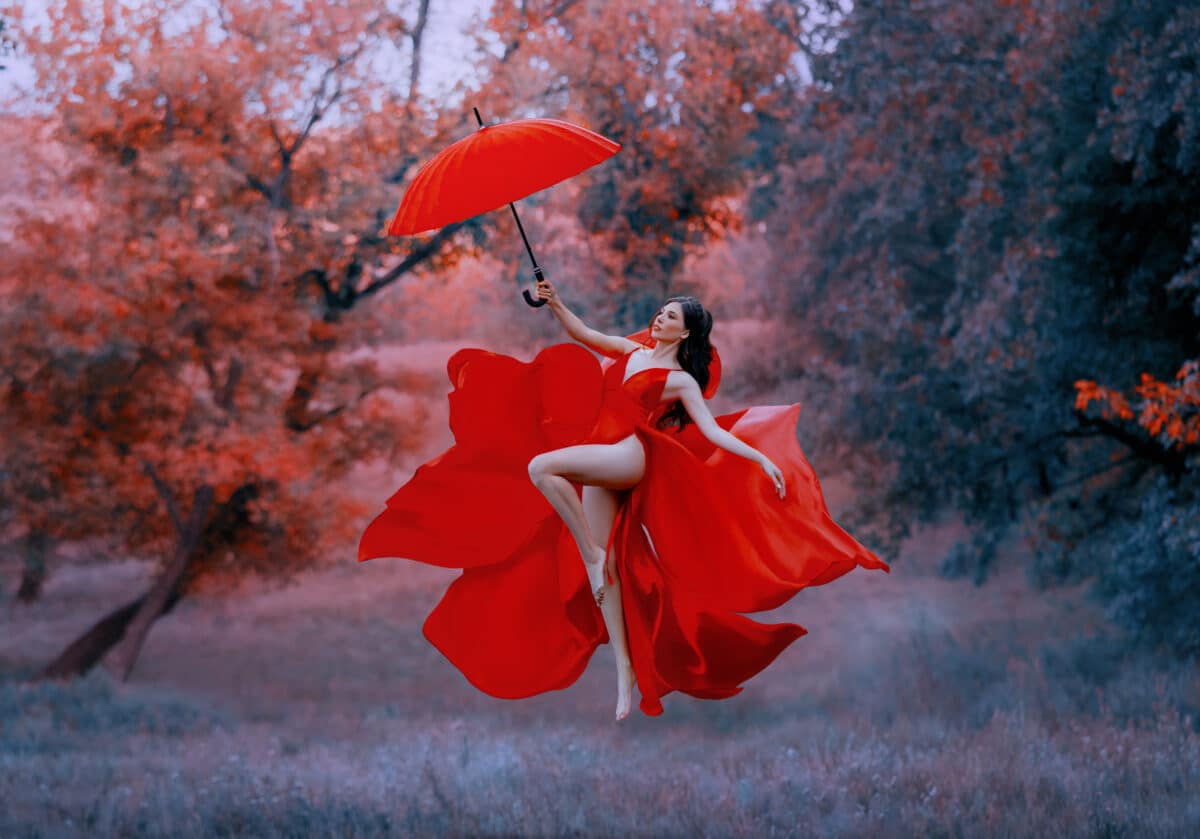
“Rainy Twilight” by Evelyn Scott
Dim gold faces float in the windows,
Subtle as perfume,
Soft as flowers.
Dim gold faces and gilded arms
Are clinging along the silver ladders of rain,
Climbing with ivory lamps held high;
Starry lamps
Over which the silver ladders
Thicken into nets of twilight.
“Love” by William Carlos Williams
Love is twain, it is not single,
Gold and silver mixed to one,
Passion ‘tis and pain which mingle
Glist’ring then for aye undone.
Pain it is not; wondering pity
Dies or e’er the pang is fled;
Passion ‘tis not, foul and gritty,
Born one instant, instant dead.
Love is twain, it is not single,
Gold and silver mixed to one,
Passion ‘tis and pain which mingle
Glist’ring then for aye undone.
“Dawn” by Helen Hunt Jackson
With a ring of silver,
And a ring of gold,
And a red, red rose
Which illumines her face,
The sun, like a lover
Who glows and is bold,
Wooes the lovely earth
To his strong embrace.
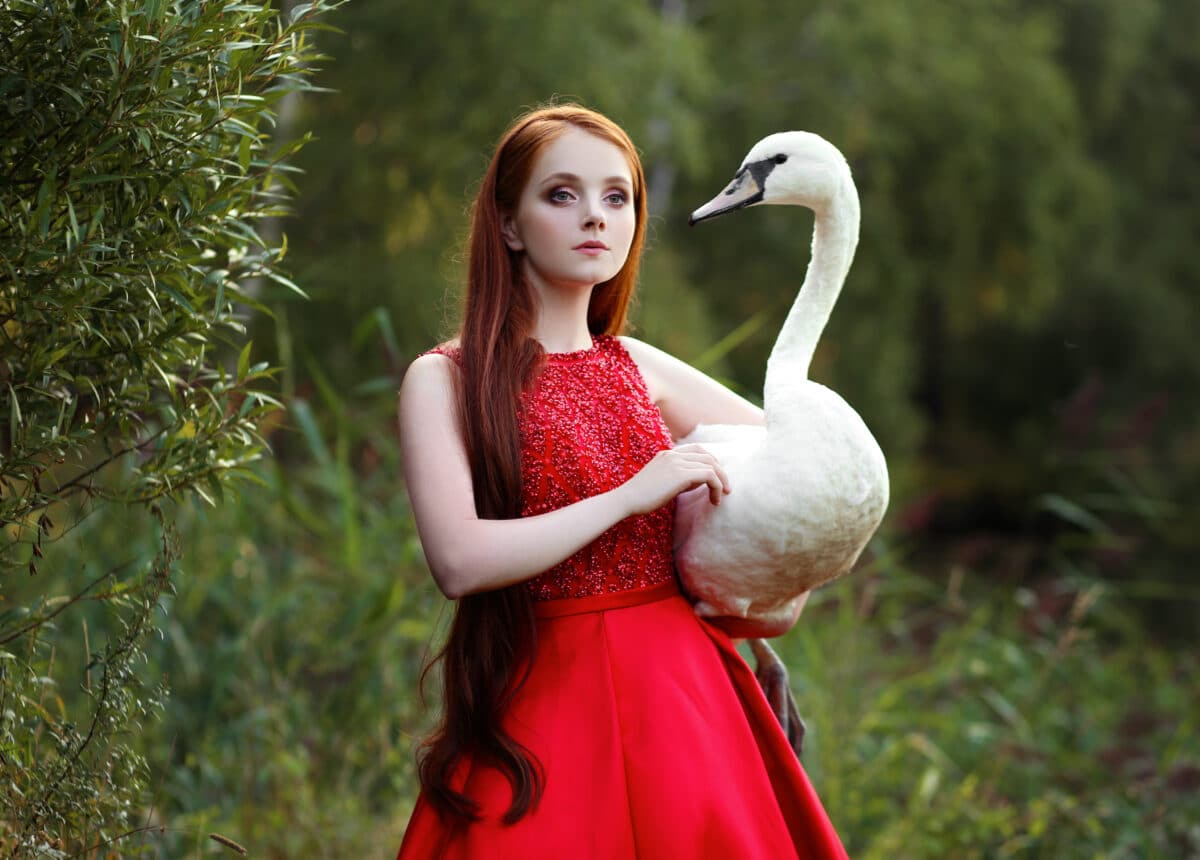
“The Swan” by F. S. Flint
Under the lily shadow
and the gold
and the blue and mauve
that the whin and the lilac
pour down on the water,
the fishes quiver.
Over the green cold leaves
and the rippled silver
and the tarnished copper
of its neck and beak,
toward the deep black water
beneath the arches,
the swan floats slowly.
Into the dark of the arch the swan floats
and into the black depth of my sorrow
it bears a white rose of flame.
“Sassafras Tea” by Effie Lee Newsome
The sass’fras tea is red and clear
In my white china cup,
So pretty I keep peeping in
Before I drink it up.
I stir it with a silver spoon,
And sometimes I just hold
Al little tea inside the spoon,
Like it was lined with gold.
It makes me hungry just to smell
The nice hot sass’fras tea,
And that’s the one thing I really like
That they say’s good for me.
“Loss” by Winifred M. Letts
In losing you I lost my sun and moon
And all the stars that blessed my lonely night.
I lost the hope of Spring, the joy of June,
The Autumn’s peace, the Winter’s firelight.
I lost the zest of living, the sweet sense
Expectant of your step, your smile, your kiss;
I lost all hope and fear and keen suspense
For this cold calm, sans agony, sans bliss.
I lost the rainbow’s gold, the silver key
That gave me freedom of my town of dreams;
I lost the path that leads to Faërie
By beechen glades and heron-haunted streams.
I lost the master word, dear love, the clue
That threads the maze of life when I lost you.
Famous Poems About Silver
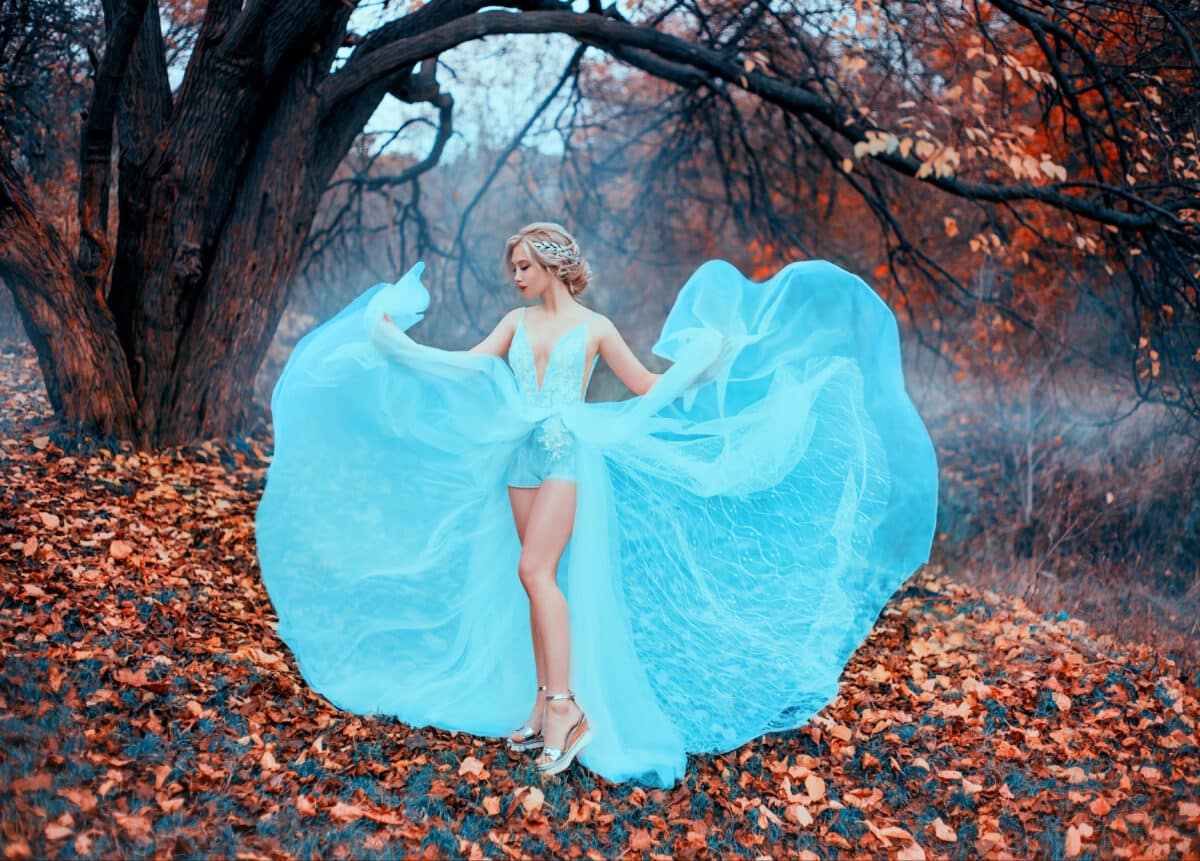
“Silver Wind” by Carl Sandburg
Do you know how the dream looms? how if summer misses one of us the two of us miss summer—
Summer when the lungs of the earth take a long breath for the change to low contralto singing mornings when the green corn leaves first break through the black loam—
And another long breath for the silver soprano melody of the moon songs in the light nights when the earth is lighter than a feather, the iron mountains lighter than a goose down—
So I shall look for you in the light nights then, in the laughter of slats of silver under a hill hickory.
In the listening tops of the hickories, in the wind motions of the hickory shingle leaves, in the imitations of slow sea water on the shingle silver in the wind—
I shall look for you.
“Early Moon” by Carl Sandburg
The baby moon, a canoe, a silver papoose canoe, sails and sails
in the Indian west.
A ring of silver foxes, a mist of silver foxes, sit and sit around
the Indian moon.
One yellow star for a runner, and rows of blue stars for more runners,
keep a line of watchers.
O foxes, baby moon, runners, you are the panel of memory,
fire-white writing to-night of the Red Man’s dreams.
Who squats, legs crossed and arms folded, matching its look
against the moon-face, the star-faces, of the West?
Who are the Mississippi Valley ghosts, of copper foreheads,
riding wiry ponies in the night?—no bridles, love-arms on the pony necks,
riding in the night a long old trail?
Why do they always come back when the silver foxes sit around
the early moon, a silver papoose, in the Indian west?
“The Silver Penny” by Walter De La Mare
“Sailorman, I’ll give to you
My bright silver penny,
If out to sea you’ll sail me
And my dear sister Jenny.”
“Get in, young sir, I’ll sail ye
And your dear sister Jenny,
But pay she shall her golden locks
Instead of your penny.”
They sail away, they sail away,
O fierce the winds blew!
The foam flew in clouds
And dark the night grew!
And all the green sea-water
Climbed steep into the boat;
Back to the shore again
Sail they will not.
Drowned is the sailorman,
Drowned is sweet Jenny,
And drowned in the deep sea
A bright silver penny.
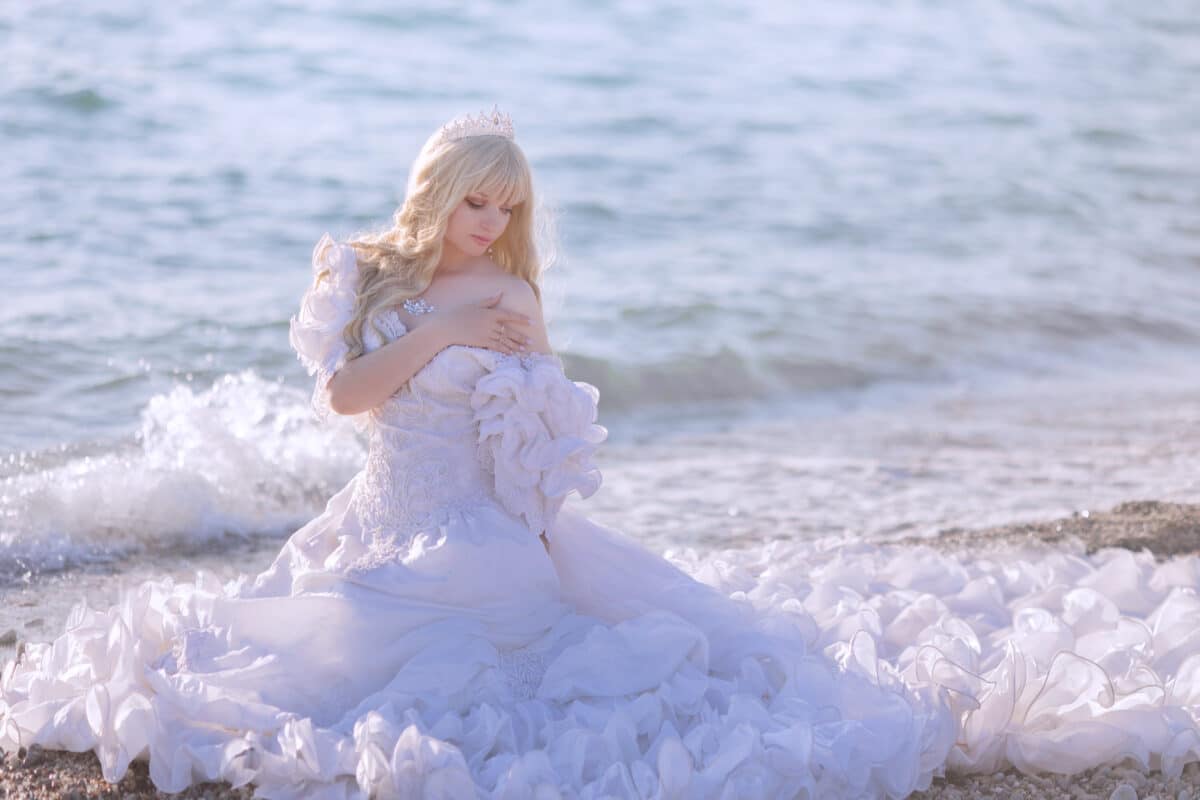
“The Sea” by Emily Elizabeth Dickinson
An everywhere of silver,
With ropes of sand
To keep it from effacing
The track called land.
“Money Gets The Mastery” by Robert Herrick
Fight thou with shafts of silver and o’ercome,
When no force else can get the masterdom.
“Upon Croot” by Robert Herrick
One silver spoon shines in the house of Croot;
Who cannot buy or steal a second to’t.

“Poet to His Love” by Maxwell Bodenheim
An old silver church in a forest
Is my love for you
The trees around it
Are words that I have stolen from your heart.
An old silver bell, the last smile you gave,
Hangs at the top of my church.
It rings only when you come through the forest
And stand beside it.
And then, it has no need for ringing,
For your smile takes its place.
“The Buckle” by Walter De La Mare
I had a silver buckle,
I sewed it on my shoe,
And ‘neath a sprig of mistletoe
I danced the evening through!
I had a bunch of cowslips,
I hid ’em in a grot,
In case the elves should come by night
And me remember not.
I had a yellow riband,
I tied it in my hair,
That, walking in the garden,
The birds might see it there.
I had a secret laughter,
I laughed it near the wall:
Only the ivy and the wind
May tell of it at all.
“Visions Sonnet 1” by William Browne
I saw a silver swan swim down the Lea,
Singing a sad farewell unto the vale,
While fishes leapt to hear her melody,
And on each thorn a gentle nightingale
And many other birds forbore their notes,
Leaping from tree to tree, as she along
The panting bosom of the current floats,
Rapt with the music of her dying song:
When from a thick and all-entangled spring
A neatherd rude came with no small ado,
Dreading an ill presage to hear her sing,
And quickly struck her tender neck in two;
Whereat the birds, methought, flew thence with speed,
And inly griev’d for such a cruel deed.

“The Lost Leader” by Robert Browning
Just for a handful of silver he left us,
Just for a riband to stick in his coat—
Found the one gift of which fortune bereft us,
Lost all the others she lets us devote;
They, with the gold to give, doled him out silver,
So much was theirs who so little allowed:
How all our copper had gone for his service!
Rags—were they purple, his heart had been proud!
We that had loved him so, followed him, honoured him,
Lived in his mild and magnificent eye,
Learned his great language, caught his clear accents,
Made him our pattern to live and to die!
Shakespeare was of us, Milton was for us,
Burns, Shelley, were with us,—they watch from their graves!
He alone breaks from the van and the freemen,
—He alone sinks to the rear and the slaves!
We shall march prospering,—not thro’ his presence;
Songs may inspirit us,—not from his lyre;
Deeds will be done,—while he boasts his quiescence,
Still bidding crouch whom the rest bade aspire:
Blot out his name, then, record one lost soul more,
One task more declined, one more footpath untrod,
One more devils’-triumph and sorrow for angels,
One wrong more to man, one more insult to God!
Life’s night begins: let him never come back to us!
There would be doubt, hesitation and pain,
Forced praise on our part—the glimmer of twilight,
Never glad confident morning again!
Best fight on well, for we taught him—strike gallantly,
Menace our heart ere we master his own;
Then let him receive the new knowledge and wait us,
Pardoned in heaven, the first by the throne!
“Silver Tones” by Joseph Horatio Chant
A stately church by pious hands erected long ago,
Was found to lack a vesper bell, by which the poor might know
The hour of prayer, the hour of mass, and who had lately died,
The hour when gent and bonny lass, so timid at his side,
Would stand before the surpliced priest, and twain would pledge their troth,
The hour in which the priest would vent on heretic his wrath.
The faithful then were called upon to bring from home and mine
The metal for the holy bell, which must be strong and fine.
In smelting pot of massive size they placed the needed ore;
A molten mass it soon became, but ere in mould they pour,
And thus provide a bell for God to grace His temple fair,
In crowds the people came, to see the metal glowing there.
Then as they passed, with hearts devout, each took a silver coin
And dropped it in the glowing mass–no priest did this enjoin.
They wished to show their grateful love to Him who bore their sin;
A simple form which love took on, not done God’s grace to win.
Nor did they hope to win applause from priest and saintly friar;
If God were pleased they asked no more, nor more did they desire;
Nor did they deem their silver lost, though little dreamed they then
The grand result of their small gifts, which now is known to men.
Their coins were for a moment seen, like flakes of snow on sward,
And then they melted out of sight, yet, seen by their blest Lord,
They mingled with the glowing mass, and when in high church tower
The bell was hung and daily rung, all people felt its power.
Its booming tones were soft and sweet, and echoed o’er their hills
In a grand symphony of praise, subduing all their wills,
And calling forth from old and young a burst of rapturous praise.
Their gifts, though small, were not despised; God turned them into lays.
This world is one great smelting pot in which life’s ore is cast,
And from it God will some day bring a bell, destined to last
And ring aloud in thunder tones wherever man is found.
Oh, may we, by kind words and deeds, give it a silver sound!
Each word though short, each deed though small, if for the Master’s sake
Are said and done, like silver coin, our blessed Lord will take,
And skillfully will blend them with the coarser ore of earth,
And grander music none have heard e’er since time had its birth.
Then from this bell of silver tone will sound o’er hill and vale:
“The work men do in Jesus’ name is never known to fail.”
“Little Hero” by James McIntyre
‘Mong silver hills of Nevada
There is many a wild bravado,
Who oft indulge in lawless vice,
And there are pearls of great price.
Rough hearts, but true at the core,
There is the genuine silver ore,
But it needs skill of the refiner
To find pure gems in the miner.
Far from their home two children stray,
Among the mountains far away,
The eldest of these travellers bold,
Jack Smith he was but six years old.
So far poor children went abroad,
That both at last they lost their road,
But their good dog the trusty Rover,
By scent and search doth them discover.
Their friends they search for them in vain,
Dark night comes on and heavy rain;
And savage wolves around them howl,
But they fear Rover’s bark and growl.
On the third day the searchers hark
For sounds and they hear Rover’s bark,
Joyous that boys were alive,
And that though feeble they survive.
Miners they left their silver ore,
And for more precious pearls explore,
And when the children they discover,
‘Tis unbounded then their pleasure.
The eldest little hero bold
Had stripped his coat to keep the cold
From little brother three years old,
A worthy deed should be extolled.
From home they were many a league,
And weak with hunger and fatigue,
Each clung upon a miner’s back,
On their way home down mountain track.
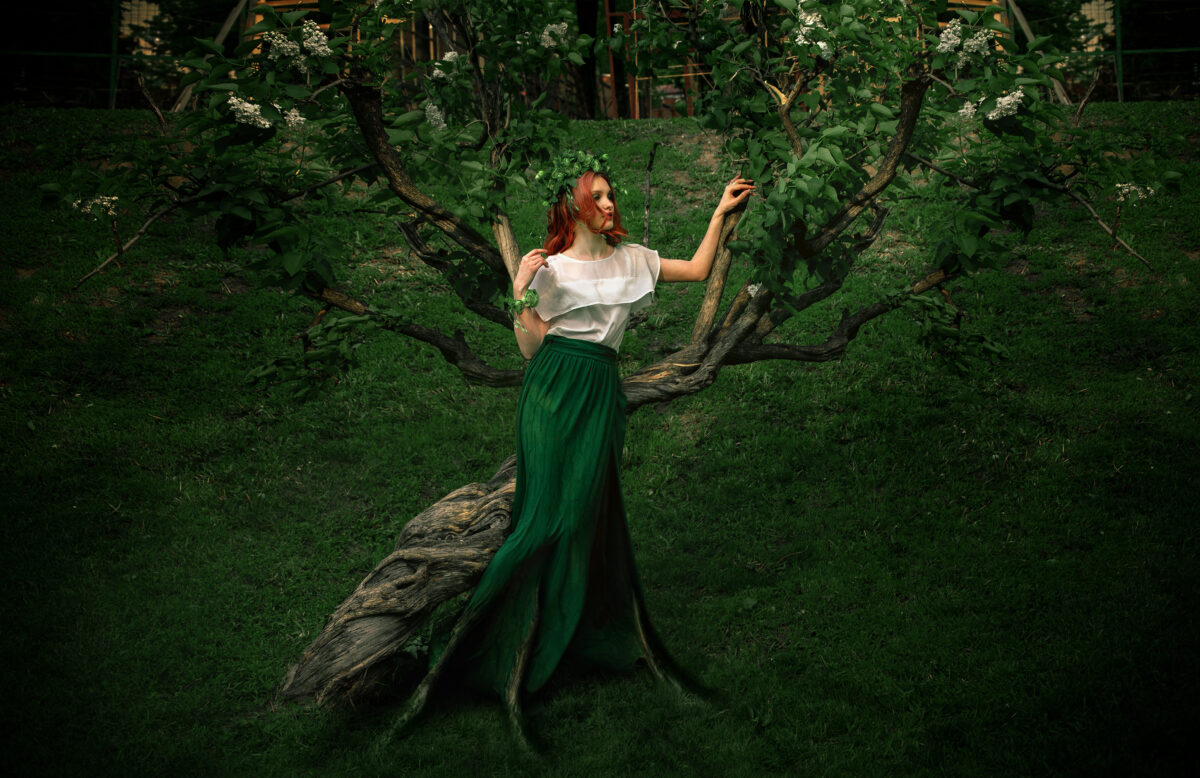
“Pear Tree” by H.D.
Silver dust
lifted from the earth,
higher than my arms reach,
you have mounted.
O silver,
higher than my arms reach
you front us with great mass;
no flower ever opened
so staunch a white leaf,
no flower ever parted silver
from such rare silver;
O white pear,
your flower-tufts,
thick on the branch,
bring summer and ripe fruits
in their purple hearts.
“Beehive” by Jean Toomer
Within this black hive to-night
There swarm a million bees;
Bees passing in and out the moon,
Bees escaping out the moon,
Bees returning through the moon,
Silver bees intently buzzing,
Silver honey dripping from the swarm of bees
Earth is a waxen cell of the world comb,
And I, a drone,
Lying on my back,
Lipping honey,
Getting drunk with silver honey,
Wish that I might fly out past the moon
And curl forever in some far-off farmyard flower.
“Summer Silence” by E. E. Cummings
Eruptive lightnings flutter to and fro
Above the heights of immemorial hills;
Thirst-stricken air, dumb-throated, in its woe
Limply down-sagging, its limp body spills
Upon the earth. A panting silence fills
The empty vault of Night with shimmering bars
Of sullen silver, where the lake distils
Its misered bounty.—Hark! No whisper mars
The utter silence of the untranslated stars.
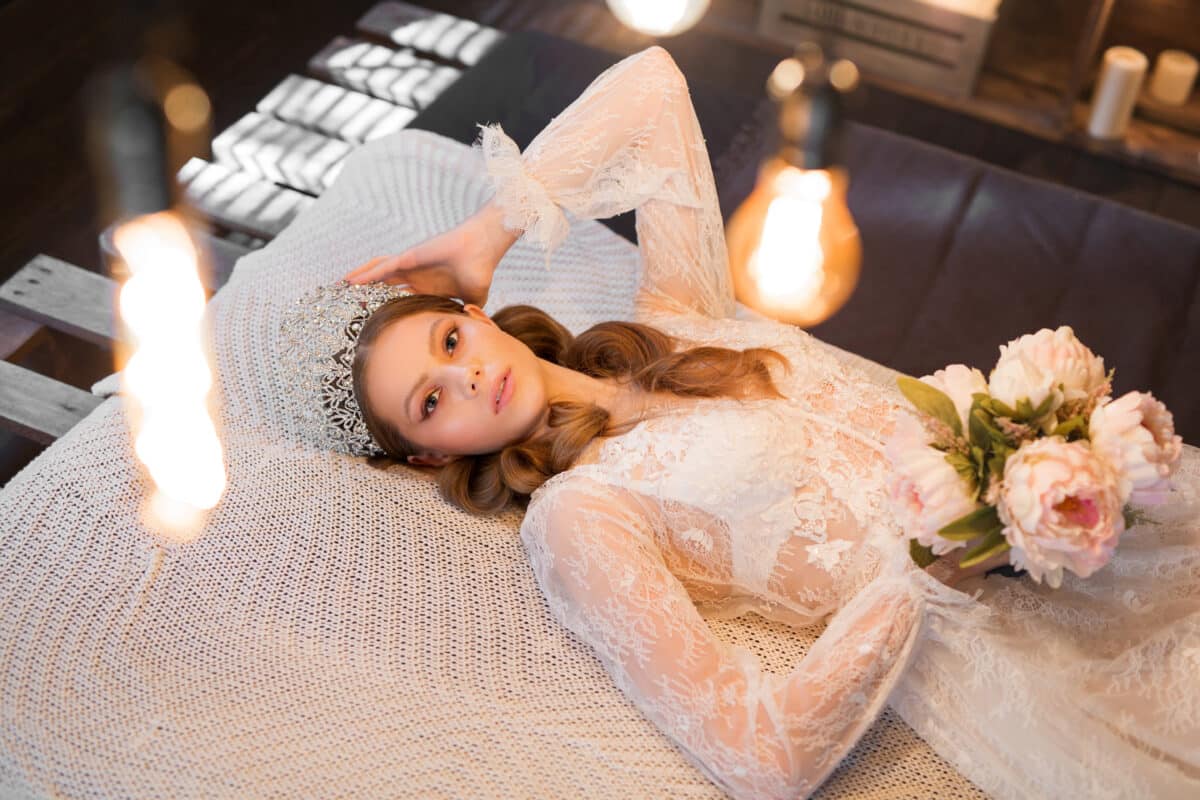
“Her Bed” by Robert Herrick
See’st thou that cloud as silver clear,
Plump, soft, and swelling every where?
‘Tis Julia’s bed, and she sleeps there.
“A Fragment: To Music” by Percy Bysshe Shelley
Silver key of the fountain of tears,
Where the spirit drinks till the brain is wild;
Softest grave of a thousand fears,
Where their mother, Care, like a drowsy child,
Is laid asleep in flowers.
“Nocturne” by Donald Jeffrey Hayes
Softly blow lightly
O twilight breeze
Scarcely bend slightly
O silver trees:
Night glides slowly down hill . . down stream
Bringing a myriad star-twinkling dream. . . . .
Softly blow lightly
O twilight breeze
Scarcely bend slightly
O silver trees:
Night will spill sleep in your day weary eye
While a soft yellow moon steals down the sky. . . .
Softly blow
Scarcely bend
So . . . . !
Lullaby. . . . . . . .

“The Fairy Clock” by Virna Sheard
Silver clock! O silver clock! tell to me the time o’ day!
Is there yet a little hour left for us to work and play?
Tell me when the sun will set–tiny globe of silver-grey.
It has been so glad a world since the coming of the morn,
Oft I wondered when I met any souls who seemed forlorn–
And I scarce gave heed to those who were old or travel worn.
Mayhap I have loved too well the merry fleeting things;
Run too lightly with the wind–chased too many shining wings;
Thought too seldom of the night, and the silence that it brings.
Well I fear me I have been but an idler in the sun–
All unfinished are the tasks long and long ago begun–
In the dark perchance they weep, who have left their work undone.
And I know each black-frocked friar preacheth sermons that, alas!
Fain would halt the dancing feet of those careless ones who pass
Down a sweet and primrose path, through the ribbons of the grass.
Silver-clock! O Silver-clock! It was only yesterday
Dandelions flecked the field, starry bright, and gold and gay;
You are but the ghost of one–little globe of silver-grey!
Tell me–tell me of the hour–for there is so much to do!
Is it early? Is it late? Fairy clock! 0 tell me true,
As I blow you down the wind, out upon a road of blue.
“On A Piece Of Silver” by John Frederick Freeman
So! the fierce acid licks the silver clean,
Unwonted plain the superscription’s seen
Round the cleared head; the metal, virgin-bright,
Shines a mild Moon to the Sun candle-light.
And in these floating stains, this evil murk,
All your change-crowded, moment-histories lurk,
Voluble Silverling! Dost yield me now
Your chance-illumined record, and allow
Prying of idle eyes?… you came a boon
To men as weary as any the weak moon
Shines on but cheers not; you were life in death;
Almost a God to give the prize of breath,
Almost a God to give the prize of joy,
Almost a God–but God! the veriest toy
Child’s fingers break, from death to buy back life,
Turn the keen trouble of grief’s eager knife,
Or sense-confounded hearts heal of the ancient strife.
O Coin that men have toiled for, lacked and mourned,
Sold life for and sold honour, won and scorned;
O Coin that oft hast been a spinning Fate,
Yet impotent her bitterness to abate;
O Coin that Love contemns, reckoning nought
(But with you, ah, Love’s best is sold and bought)–
Heart of the harlot, you; the Judas blood
Hell’s devils leech on; you the Price of God!
“The Lady That Loved a Swine” by Anonymous
There was a lady loved a swine,
Honey, quoth she,
Pig-hog wilt thou be mine?
Hoogh, quoth he.
I’ll build thee a silver sty,
Honey, quoth she,
And in it thou shalt lie.
Hoogh, quoth he.
Pinned with a silver pin,
Honey, quoth she,
That thou may go out and in.
Hoogh, quoth he.
Wilt thou have me now,
Honey? quoth she.
Speak or my heart will break.
Hoogh, quoth he.

“The Leaf” by Duncan Campbell Scott
This silver-edged geranium leaf
Is one sign of a bitter grief
Whose symbols are a myriad more;
They cluster round a carven stone
Where she who sleeps is never alone
For two hearts at the core,
Bound with her heart make one of three,
A trinity in unity,
One sentient heart that grieves;
And myriad dark-leaved memories keep
Vigil above the triune sleep,–
Edged all with silver are the leaves.
“Vintage” by Amy Lowell
I will mix me a drink of stars,—
Large stars with polychrome needles,
Small stars jetting maroon and crimson,
Cool, quiet, green stars.
I will tear them out of the sky,
And squeeze them over an old silver cup,
And I will pour the cold scorn of my Beloved into it,
So that my drink shall be bubbled with ice.
It will lap and scratch
As I swallow it down;
And I shall feel it as a serpent of fire,
Coiling and twisting in my belly.
His snortings will rise to my head,
And I shall be hot, and laugh,
Forgetting that I have ever known a woman.
“To One of the Brave” by Lucian B. Watkins
Though forty-five long years, you say,
Have silvered o’er your head with gray,
Your friends rejoice, to-day, that you
Stand hale and hearty in your “blue.”
Long for Old Glory you have stood
With truest sense of brotherhood;
Long may you live a useful life—
Noble and true in peace of strife.
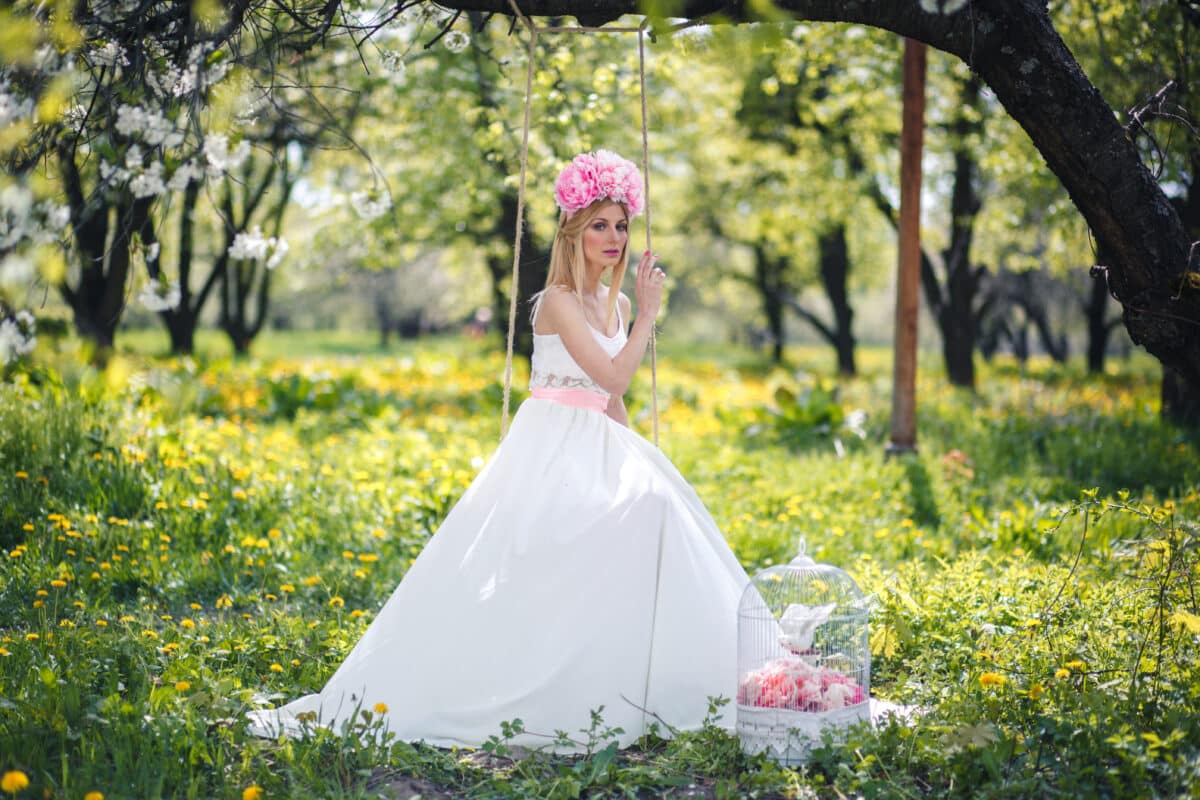
“Back Yard” by Carl Sandburg
Shine on, O moon of summer.
Shine to the leaves of grass, catalpa and oak,
All silver under your rain to-night.
An Italian boy is sending songs to you to-night from an accordion.
A Polish boy is out with his best girl; they marry next month; to-night they are throwing you kisses.
An old man next door is dreaming over a sheen that sits in a cherry tree in his back yard.
The clocks say I must go—I stay here sitting on the back porch drinking white thoughts you rain down.
Shine on, O moon,
Shake out more and more silver changes.
“Wall Street at Night” by Lola Ridge
Long vast shapes… cooled and flushed through with darkness…
Lidless windows
Glazed with a flashy luster
From some little pert café chirping up like a sparrow.
And down among iron guts
Piled silver
Throwing gray spatter of light… pale without heat…
Like the pallor of dead bodies.
“On Lending a Punch-Bowl” by Oliver Wendell Holmes
This ancient silver bowl of mine, it tells of good old times,
Of joyous days and jolly nights, and merry Christmas times;
They were a free and jovial race, but honest, brave, and true,
Who dipped their ladle in the punch when this old bowl was new.
A Spanish galleon brought the bar, so runs the ancient tale;
‘T was hammered by an Antwerp smith, whose arm was like a flail;
And now and then between the strokes, for fear his strength should fail,
He wiped his brow and quaffed a cup of good old Flemish ale.
‘T was purchased by an English squire to please his loving dame,
Who saw the cherubs, and conceived a longing for the same;
And oft as on the ancient stock another twig was found,
‘T was filled with candle spiced and hot, and handed smoking round.
But, changing hands, it reached at length a Puritan divine,
Who used to follow Timothy, and take a little wine,
But hated punch and prelacy; and so it was, perhaps,
He went to Leyden, where he found conventicles and schnapps.
And then, of course, you know what’s next: it left the Dutchman’s shore
With those that in the Mayflower came, a hundred souls and more,
Along with all the furniture, to fill their new abodes, –
To judge by what is still on hand, at least a hundred loads.
‘T was on a dreary winter’s eve, the night was closing, dim,
When brave Miles Standish took the bowl, and filled it to the brim;
The little Captain stood and stirred the posset with his sword,
And all his sturdy men-at-arms were ranged about the board.
He poured the fiery Hollands in, the man that never feared, –
He took a long and solemn draught, and wiped his yellow beard;
And one by one the musketeers – the men that fought and prayed –
All drank as ‘t were their mother’s milk, and not a man afraid.
That night, affrighted from his nest, the screaming eagle flew,
He heard the Pequot’s ringing whoop, the soldier’s wild halloo;
And there the sachem learned the rule he taught to kith and kin,
Run from the white man when you find he smells of “Hollands gin!”
A hundred years, and fifty more, had spread their leaves and snows,
A thousand rubs had flattened down each little cherub’s nose,
When once again the bowl was filled, but not in mirth or joy, –
‘T was mingled by a mother’s hand to cheer her parting boy.
Drink, John, she said, ‘t will do you good, poor child, you’ll never bear
This working in the dismal trench, out in the midnight air;
And if – God bless me! – you were hurt, ‘t would keep away the chill.
So John did drink, and well he wrought that night at Bunker’s Hill!
I tell you, there was generous warmth in good old English cheer;
I tell you, ‘t was a pleasant thought to bring its symbol here.
‘T is but the fool that loves excess; hast thou a drunken soul?
Thy bane is in thy shallow skull, not in my silver bowl!
I love the memory of the past, – its pressed yet fragrant flowers, –
The moss that clothes its broken walls, the ivy on its towers;
Nay, this poor bauble it bequeathed, my eyes grow moist and dim,
To think of all the vanished joys that danced around its brim.
Then fill a fair and honest cup, and bear it straight to me;
The goblet hallows all it holds, whate’er the liquid be;
And may the cherubs on its face protect me from the sin
That dooms one to those dreadful words, “My dear, where have you been?”
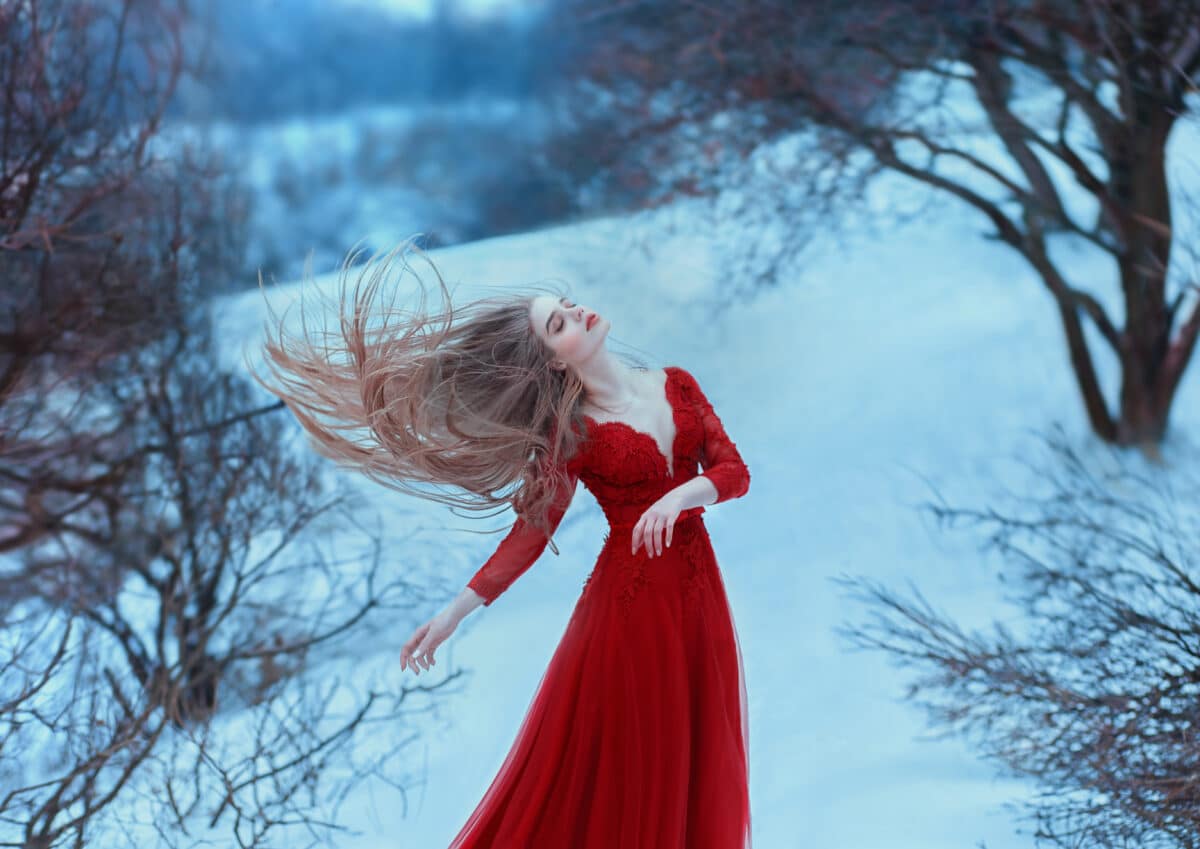
“The First Snow” by Philip M. Raskin
Fairy-like on earth advancing,
All transforming, all entrancing,
Playing on their way and dancing,
Soil-untarnished yet,
Silver stars from sky are dropping,
Little fairies skipping, hopping,
On the roofs and turrets popping,
Crowns with diamonds set.
Greeting nature’s silver wedding,
Argent splendor they are shedding,
And a bridal veil outspreading,
Like a silver net;
Till town-alleys, foul and tainted,
Turn cathedral-aisles ensainted,
Carved with gorgeous, ermine-painted,
Ornamental fret.
How all changed by elfin power!
Every house a magic tower,
Every tree with lilac-flower
Lures like a coquette.
Following in their magic traces,
Hidden joy each heart embraces,
Sparkling eyes and brightened faces
Everywhere are met.
How I love you, white-robed city,
Maiden-pure, and maiden-pretty!
But my love is—what a pity!—
Tempered with regret.
Truer lover you would find me,
If you were not to remind me
Of a cold land left behind me
That I’d fain forget.
“The ringèd moon sits eerily” by William Faulkner
The ringèd moon sits eerily
Like a mad woman in the sky,
Dropping flat hands to caress
The far world’s shaggy flanks and breast,
Plunging white hands in the glade
Elbow deep in leafy shade
Where birds sleep in each silent brake
Silverly, there to wake
The quivering loud nightingales
Whose cries like scattered silver sails
Spread across the azure sea.
Her hands also caress me:
My keen heart also does she dare;
While turning always through the skies
Her white feet mirrored in my eyes
Weave a snare about my brain
Unbreakable by surge or strain,
For the moon is mad, for she is old,
And many’s the bead of a life she’s told;
And many’s the fair one she’s seen wither:
They pass, they pass, and know not whither.
The hushèd earth, so calm, so old,
Dreams beneath its heath and wold—
And heavy scent from thorny hedge
Paused and snowy on the edge
Of some dark ravine, from where
Mists as soft and thick as hair
Float silver in the moon.
Stars sweep down—or are they stars?—
Against the pines’ dark etchèd bars.
Along a brooding moon-wet hill
Dogwood shine so cool and still,
Like hands that, palm up, rigid lie
In invocation to the sky
As they spread there, frozen white,
Upon the velvet of the night.
“Portobello Bridge The Rocky Road To Dublin” by James Stephens
Silver stars shine peacefully,
The Canal is silver, the
Poplars bear with modest grace
Gossamers of silver lace,
And the turf bank wears with glee
Black and silver filigree.
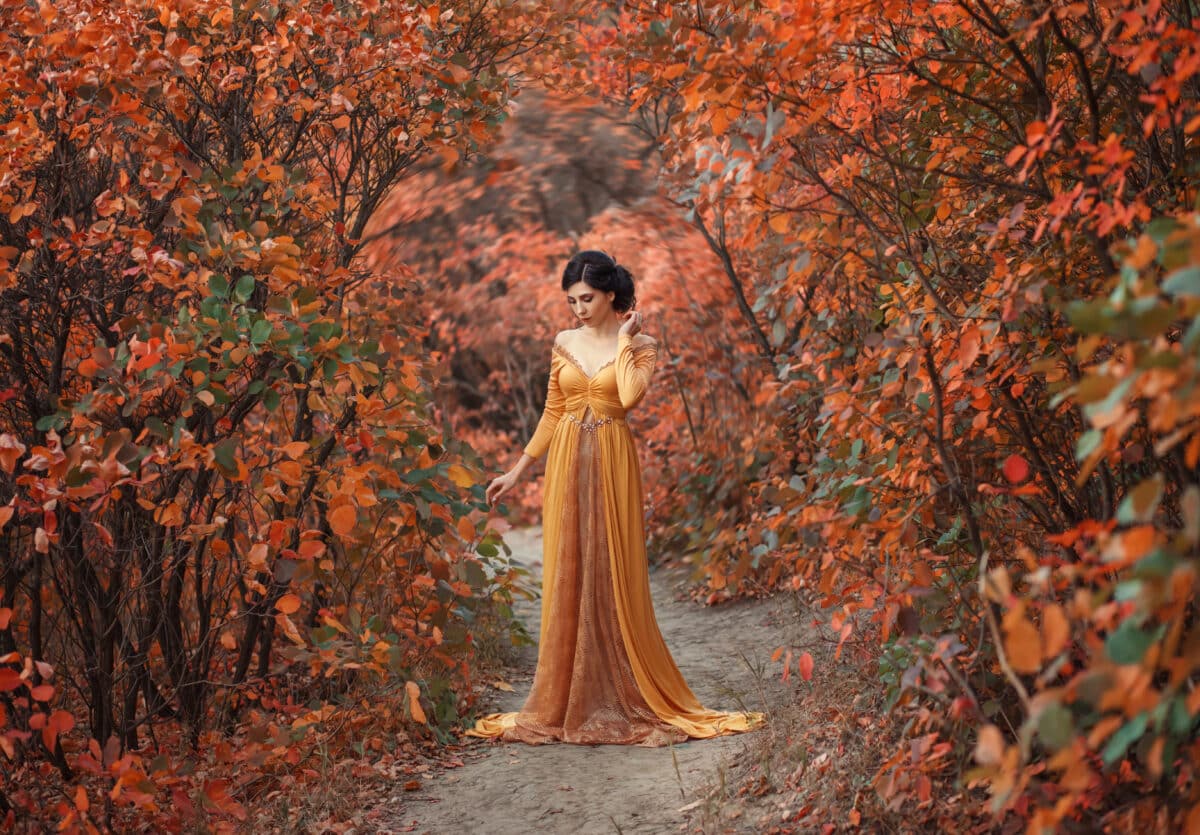
“Dusk in Autumn” by Sara Teasdale
The moon is like a scimitar,
A little silver scimitar,
A-drifting down the sky.
And near beside it is a star,
A timid twinkling golden star,
That watches likes an eye.
And thro’ the nursery window-pane
The witches have a fire again,
Just like the ones we make,—
And now I know they’re having tea,
I wish they’d give a cup to me,
With witches’ currant cake.
“Mountain Pines” by Robinson Jeffers
In scornful upright loneliness they stand,
Counting themselves no kin of anything
Whether of earth or sky. Their gnarled roots cling
Like wasted fingers of a clutching hand
In the grim rock. A silent spectral band
They watch the old sky, but hold no communing
With aught. Only, when some lone eagle’s wing
Flaps past above their grey and desolate land,
Or when the wind pants up a rough-hewn glen,
Bending them down as with an age of thought,
Or when, ‘mid flying clouds that can not dull
Her constant light, the moon shines silver, then
They find a soul, and their dim moan is wrought
Into a singing sad and beautiful.
“Between Two Rains” by Nora May French
It is a silver space between two rains;
The lulling storm has given to the day
An hour of windless air and riven grey;
The world is drained of color; light remains.
Beyond the curving shore a gull complains;
Unceasing, on the bastions of the bay,
With gleam of shields and veer of vaporing spray
The long seas fall, the grey tide wars and wanes.
It is a silver space between two rains:
A mood too sweet for tears, for joy too pale—
What stress has swept or nears us, thou and I?
This hour a mist of light is on the plains,
And seaward fares again with litten sail
Our laden ship of dreams adown the sky.
